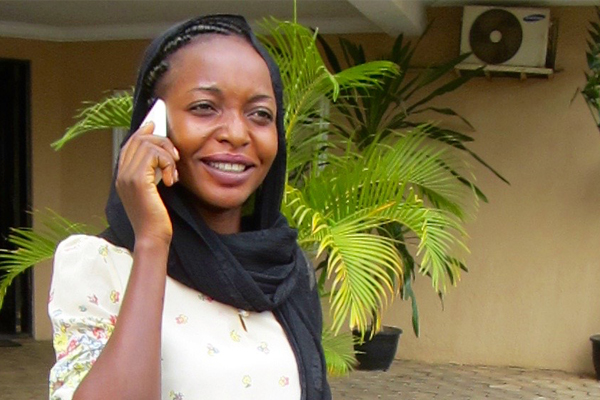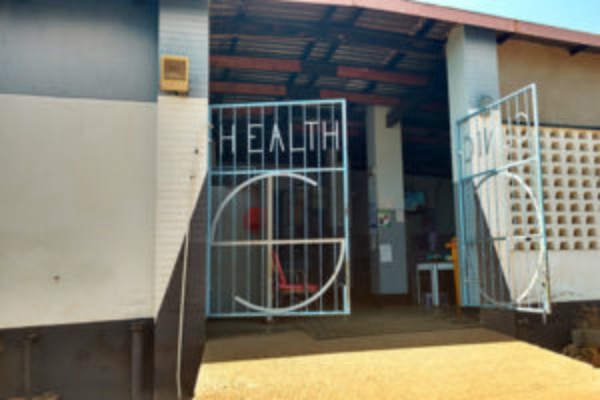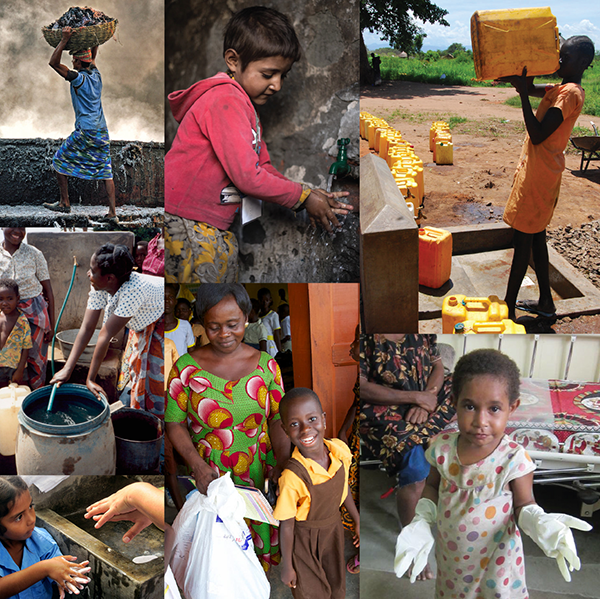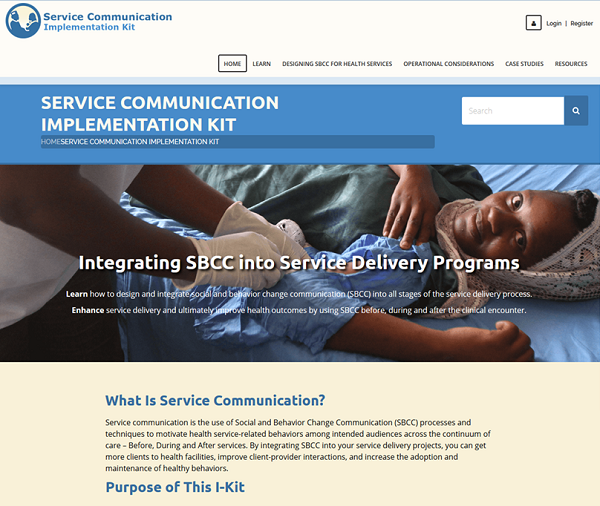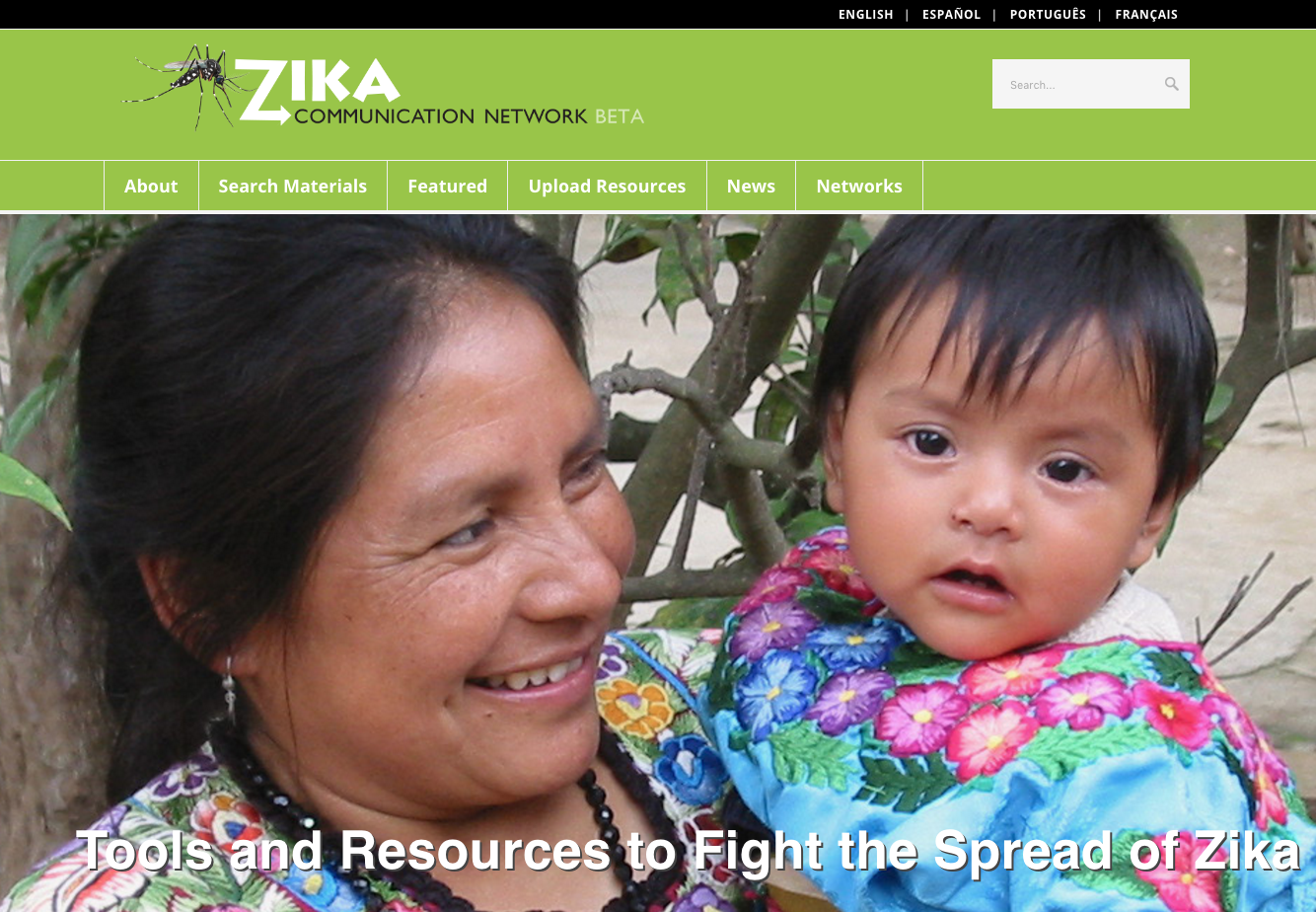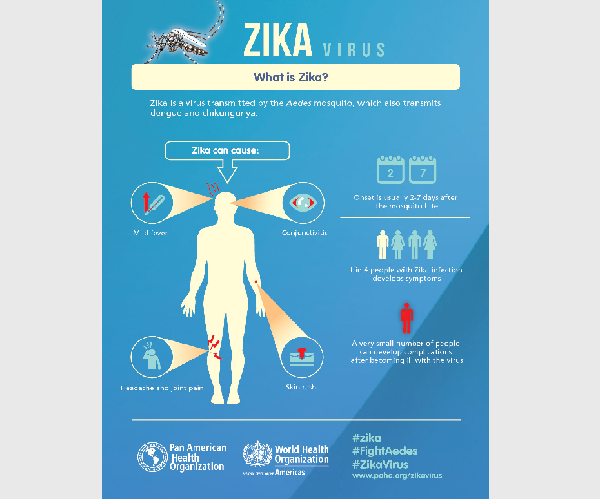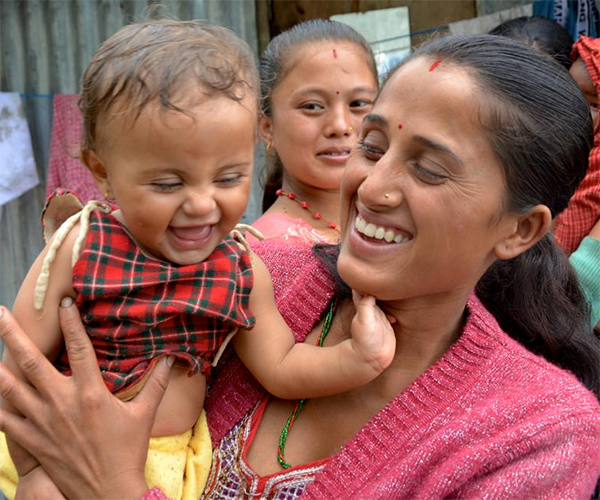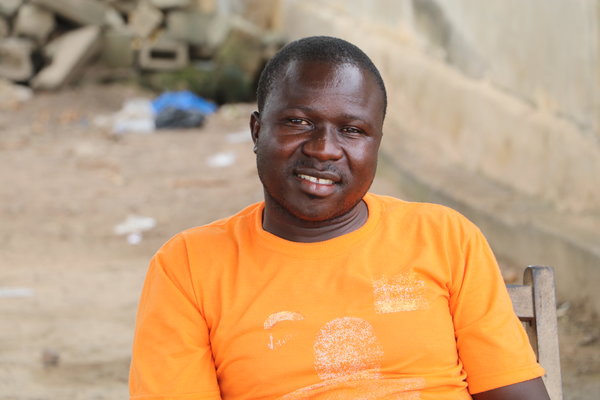
‘Being Diagnosed with HIV Threatens Everything Men Hold Dear’
Men in Cote d’Ivoire aren’t being tested for HIV because they are afraid of what the impact of a positive result would be on not only their health, but their family, work, social status and sexuality. But being tested is the only way to get treated — and reduce the risk of the spread of the virus.

